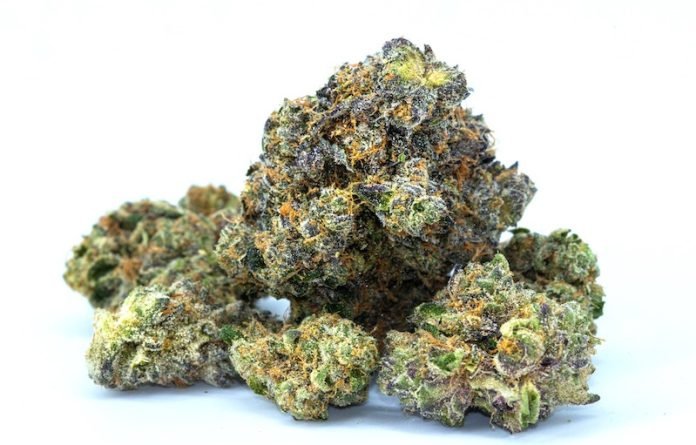
In recent years, there has been a growing public health crisis in the United States due to opioid abuse and addiction.
Opioids are a class of drugs that are commonly prescribed to treat pain, but they can also be obtained illegally.
When taken in excess, these drugs can interfere with breathing, potentially leading to a fatal overdose.
The U.S. Centers for Disease Control and Prevention estimates that more than half a million people died from overdoses involving opioids between 1999 and 2020.
Naloxone is an opioid antidote that can quickly reverse an overdose, potentially saving a person’s life.
However, naloxone is less effective against powerful synthetic opioids like fentanyl, which account for more than 80% of opioid overdose deaths.
In light of this, researchers have been exploring alternative treatments that could help address this issue.
One such alternative is cannabidiol (CBD), a component of marijuana that has gained attention in recent years for its potential therapeutic properties.
Researchers from Indiana University Bloomington have been investigating whether compounds based on CBD could reduce fentanyl binding and boost the effects of naloxone.
The researchers presented their findings at the spring meeting of the American Chemical Society (ACS), which was held virtually and in person in March 2023.
The compounds they developed could potentially be used as a replacement for naloxone or as a complementary treatment that could reduce the amount of naloxone needed to reverse an overdose.
Given that naloxone is the only drug available to reverse overdoses, I think it makes sense to look at alternatives.
The team based their research on the fact that fentanyl and other synthetic opioids bind more tightly to opioid receptors in the brain compared to other compounds in the opioid class.
Naloxone reverses an overdose by competing with the drug molecules for the same binding sites on the receptors.
However, because fentanyl binds so readily, it can be more difficult to reverse an overdose with naloxone, and multiple doses may be required.
Previous research has suggested that CBD can interfere with opioid binding, which led Indiana University researchers to explore whether CBD could be used as an alternative to naloxone.
They altered the structure of CBD to generate derivatives that could reduce fentanyl binding and outperform naloxone’s opioid-blocking performance.
After narrowing down the field to 15 derivatives, they tested them against fentanyl at varying concentrations, with and without naloxone.
Several of the compounds were found to reduce fentanyl binding at low concentrations and outperform naloxone’s performance. Two of the derivatives even showed a synergistic effect when combined with naloxone.
The team is now testing the most successful derivatives in mice to determine whether they alter behaviors associated with taking fentanyl.
If these tests are successful, the researchers hope that their work could lead to the development of new therapeutics that could be used by emergency personnel to save lives.
While there is still much research to be done before CBD-based compounds could be used as an alternative to naloxone, this research represents a promising step forward in addressing the opioid overdose epidemic.
By exploring alternative treatments that can reduce fentanyl binding and improve the effectiveness of naloxone, researchers may be able to save more lives and mitigate the devastating impact of opioid addiction.
If you care about pain, please read studies about pain reliever that may increase your risk of hip fracture, and these vitamins could help reduce bone fracture risk.
For more information about wellness, please see recent studies that Krill oil could improve muscle health in older people, and Jarlsberg cheese could help prevent bone thinning disease.
The study was conducted by Alex Straiker et al and presented at ACS Spring 2023.
Copyright © 2023 Knowridge Science Report. All rights reserved.



